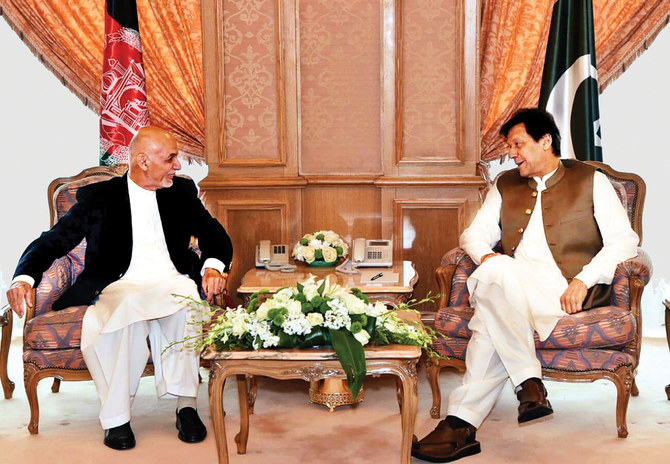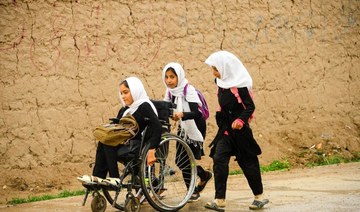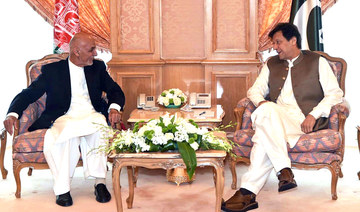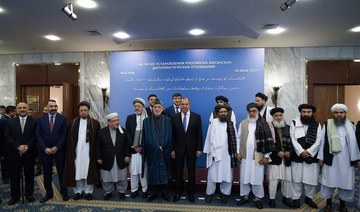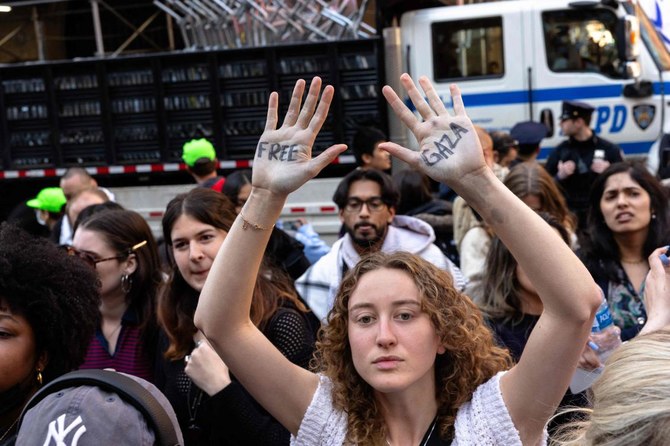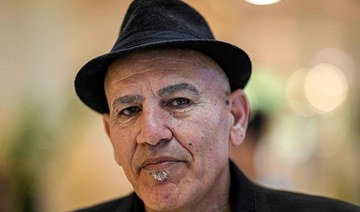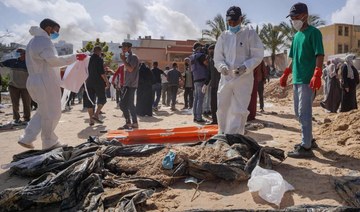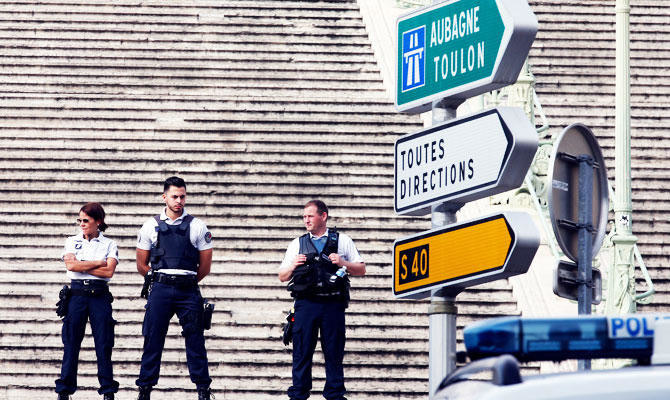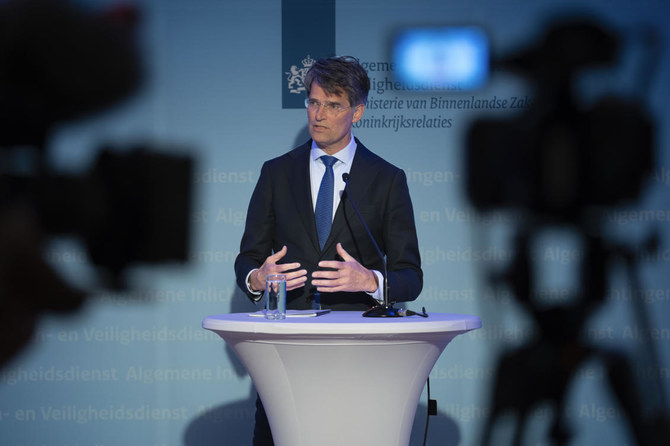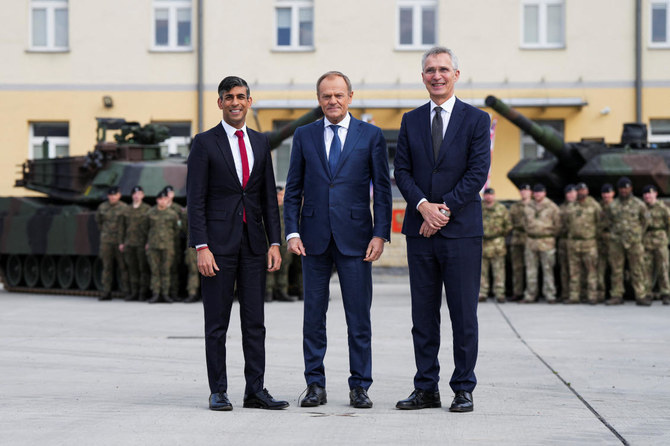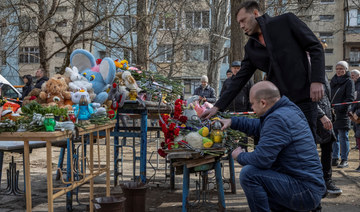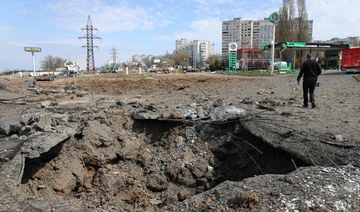KABUL: Afghan President Ashraf Ghani held talks with Pakistan’s Prime Minister Imran Khan on Friday in what analysts described as a move to ease growing tensions between the neighboring countries.
The leaders met on the sidelines of the 14th Islamic Summit in Makkah and discussed improving relations and the Afghan peace process.
The meeting was the first between the two leaders since Khan took office last year.
With US and Taliban talks gaining momentum outside Afghanistan in recent months, Khan’s comments about the formation of an interim government in the country — to replace Ghani’s leadership — angered Kabul.
Afghanistan has also accused Islamabad of backing militants — a claim that Pakistan denies — and hampering its trade ties with India.
The meeting on Friday follows a visit to Pakistan by Hamdullah Mohib, Ghani’s national security adviser, several days ago.
Khan told Ghani that Islamabad supports “peace and stability in Afghanistan,” and favored an “Afghan-led and owned peace process,” the Pakistani prime minister’s office said in a statement.
Both leaders will discuss security and economic ties during Ghani’s coming visit to Pakistan, the statement said.
An official in Kabul confirmed that the meeting between the two leaders was the first since Khan became prime minister last year, but could not say when Ghani will visit Pakistan.
A statement issued by Ghani’s office said the two leaders also discussed “regional connectivity, trade and transit.”
Khan has promised to resolve the issue surrounding the closure of Pakistani air space to Afghan flights bound for India, the statement said. Pakistan barred the flights after clashes with India in the disputed Kashmir area.
Ties between Afghanistan and Pakistani have historically been uneasy, mostly due to a dispute over a border drawn by British rulers in the 19th century, which divided Pashtun families of Afghan origin and annexed swathes of Afghan territory to Pakistan.
Successive Afghan governments have accused Pakistan of aiding militants, which has further strained relations.
Zalmay Khalilzad, US special envoy for Afghanistan, welcomed the meeting between Ghani and Khan.
“Improved Afghan-Pakistan ties are key to reaching, implementing and capitalizing on opportunities for regional connectivity, integration and development,” he said in a tweet, adding that Washington was ready to help both sides mend ties.
An Afghan lawmaker, Daud Kalakani, told Arab News that the meeting “can be the start of a process for improving ties.”
Khan’s suggestion that Afghans lead the process was a “positive development,” he said.
However, political analyst Waheed Mozhdah said “mistrust” between Kabul and Islamabad runs so deep that the meeting offered little hope of an immediate change of relations.
“There are lots of problems and complications. There have been far more promising meetings in the past, but we have not seen any improvement. On the contrary, things have become worse,” he told Arab News.
Kabul assumes that Pakistan can influence the Taliban, while Pakistan opposes the growing presence of India in Afghanistan. Both factors make it difficult to improve ties, Mozhdah said.



